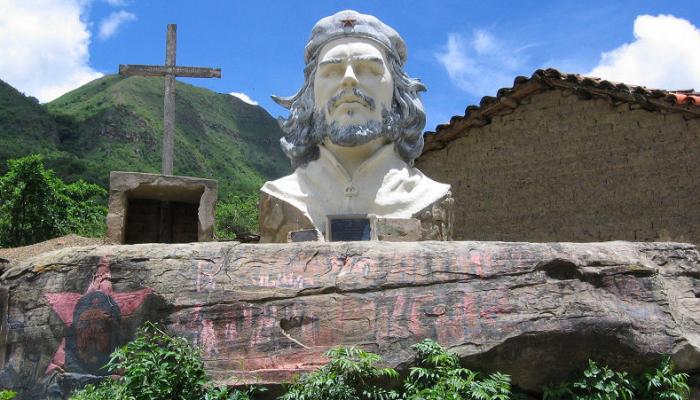
FrancoBrazilian author Michael Löwy, wrote in his book The Marxism of Che Guevara: "Che was not only a heroic fighter, but a revolutionary thinker, with a political and moral project and a system of ideas and values for which he fought and gave his life. The philosophy which gave his political and ideological choices their coherence, colour, and taste was a deep revolutionary humanism.... More
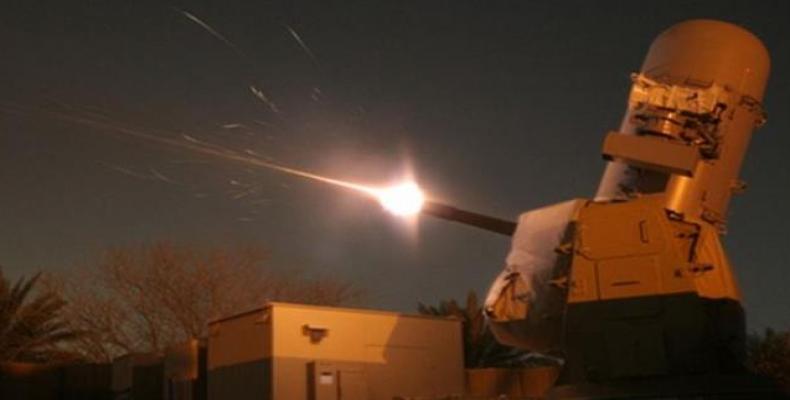
The use of military force is essentially destructive. Weapons of war are designed to kill people and smash things. All nations claim to build and buy them only to defend themselves and their people against the aggression of others. The notion that the use of military force can ever be a force for good may, at best, apply to a few exceptional situations where a limited but decisive use of force has put an end to an existing conflict and led to a restoration of peace. The more usual result of the use or escalation of force is to cause greater death and destruction, to fuel resistance and to cause more widespread instability. This is what has happened wherever the U.S. has used force since 2001, including in its proxy and covert operations in Syria and Ukraine.... More
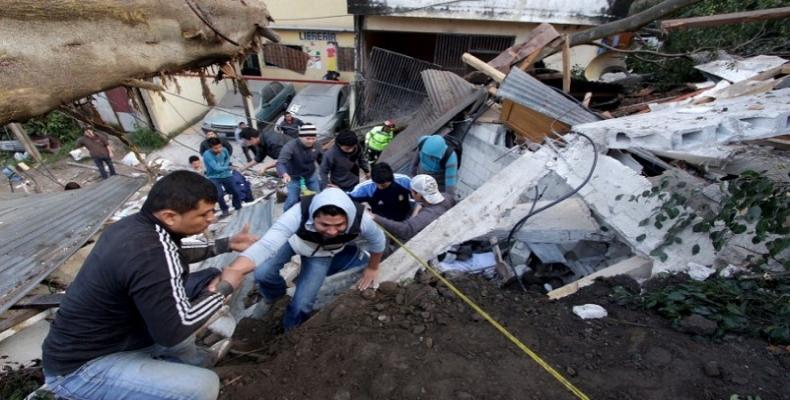
An avalanche of mud has buried over 120 family huts on the outskirts of Guatemala City, an event that could become one of the worst tragedies in that Central American nation, where tens of thousands of people are forced to live in misery in high risk areas lacking all basic services.... More

Every political class considers themselves inclusive, diverse, open-minded. But present ideas outside the perimeters of sanctioned debate, imposed by power and a patrolling press, and watch how quickly they start bullying.... More

The Kyoto Protocol was negotiated almost 18 years ago in December 1997 in the city of Kyoto, Japan and came into force in February 2005.... More
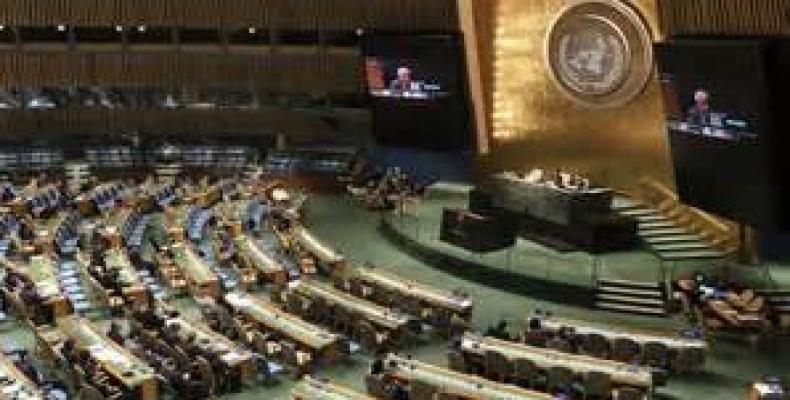
The General Assembly debate at the United Nations is underway until the 3rd. of October. In the past for the most part speeches at the UN, at the General Assembly, have been absolutely dull and predictable unless you had someone like Chavez, as we did back in 2006. calling George W. Bush the devil.... More
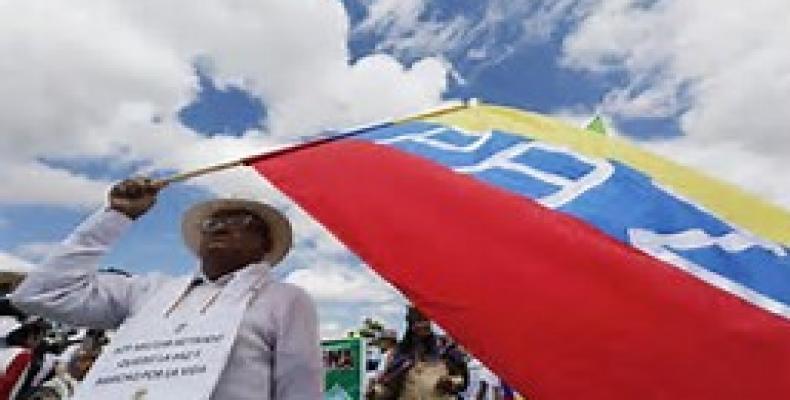
Last week the Colombian President Juan Manuel Santos met with Rodrigo Londoño, the leader of FARC, the Revolutionary Armed Forces of Colombia in Havana over a peace agreement brokered by Cuba. This breakthrough comes after 51 years of insurgency and will address rights and abuses and the compensation for victims.... More

US President Barack Obama on Monday walked up to the podium at the United Nations General Assembly and asked Congress to lift the 55-year economic blockade of Cuba as the neighboring countries continue to thaw their diplomatic relations.... More
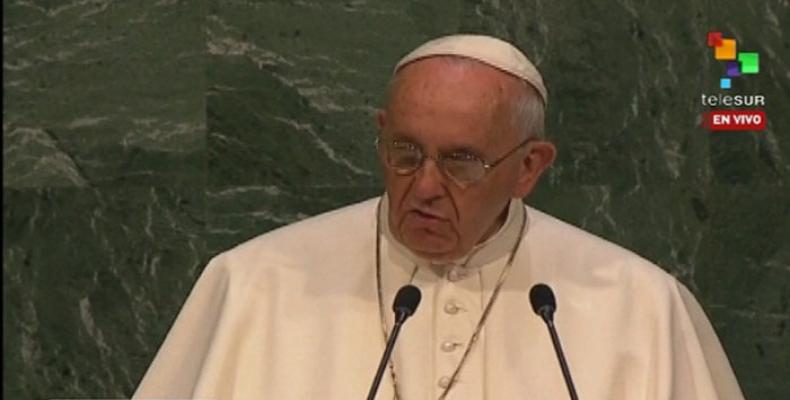
The Argentinian-born Pope Francis on his four-day visit to Cuba celebrated one of his masses in Holguin Cuba, in the province where Fidel and Raúl Castro grew up.... More
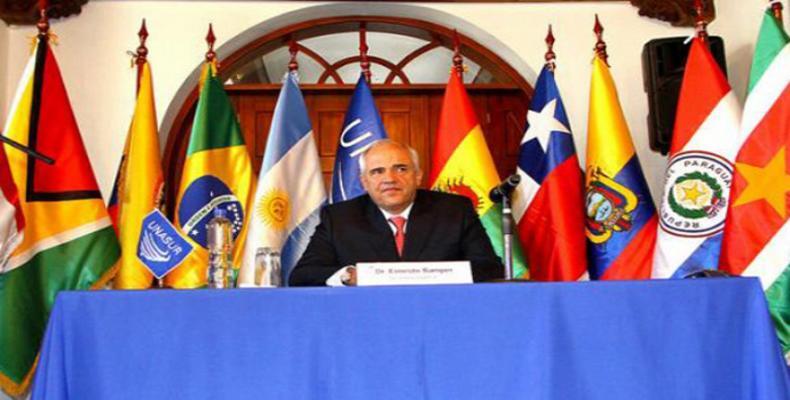
Simon Bolivar was the first prominent Latin American leader to seek integration among the newly-formed Latin American nations. He joined Colombia, including Panama, Ecuador and Venezuela in what became known as Gran Colombia. Bolivar also led the movement to organize a multinational conference Panama in 1826. The goal of the gathering was to create a federation of independent states in alliance with Great Britain and as a counterweight to the United States’ Monroe Doctrine. Representatives from Guatemala, then encompassing most of Central America, Mexico, Gran Colombia and Peru attended, although Brazil and Argentina did not participate. Also invited were representatives from the British and Dutch governments. ... More
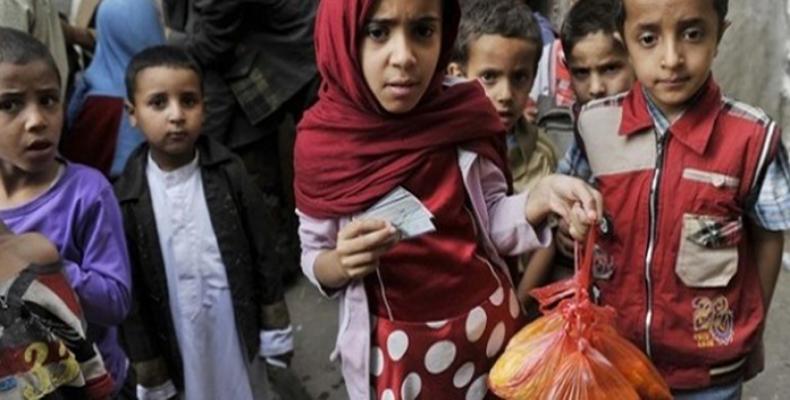
In Yemen, the government of Prime Minister Khaled Bahah has returned from exile in Saudi Arabia, spurring rumors of a further ground invasion by the Saudi-led coalition to oust the Houthi rebels. And as hundreds of troops from Qatar and Egypt and other Arab countries have joined the Saudi-led coalition in recent weeks, UN officials have condemned the situation saying “unless there is a serious commitment of the parties to find a political solution to the conflict that will end the violence and ensure humanitarian access to all populations without discrimination, the situation is likely to degenerate even further.”... More
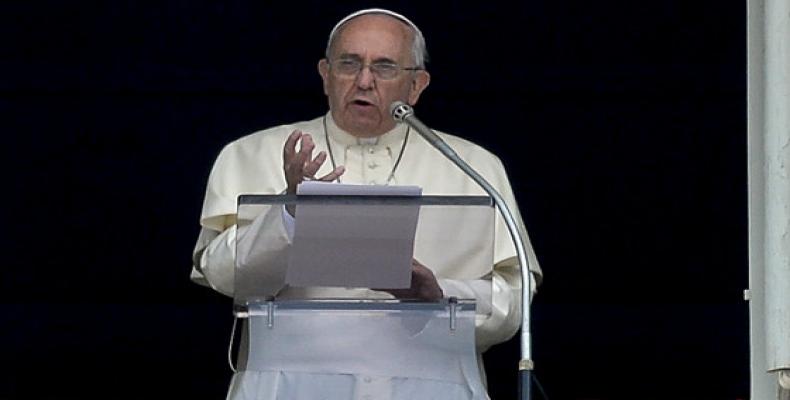
Thousands of Phillipino citizens who gathered in Manila to greet Pope Francisco last January looked in unmitigated awe at the modest car in which he traveled to the Presidential Palace.... More
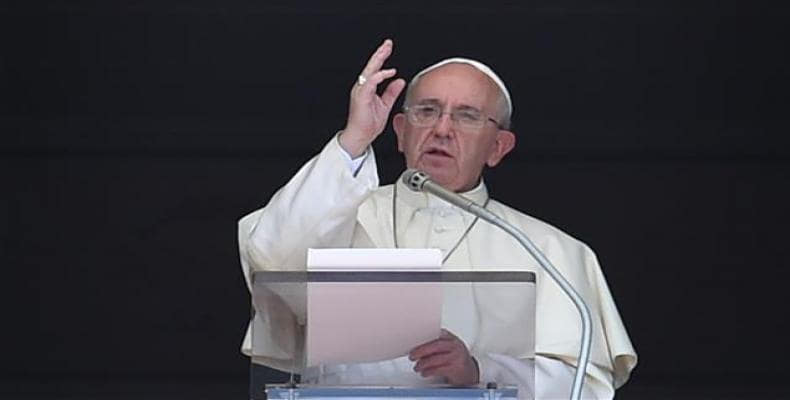
“No one can accept the precepts of neoliberalism and consider themselves Christian,” pope Francis wrote in his days as Cardinal Jorge Bergoglio, archbishop of Buenos Aires. As pope, he puts the matter more directly: “Such an economy kills.” He regards the environmental crisis as an economic-justice crisis as well: “The same mind-set which stands in the way of making radical decisions to reverse the trend of global warming also stands in the way of achieving the goal of eliminating poverty.”... More
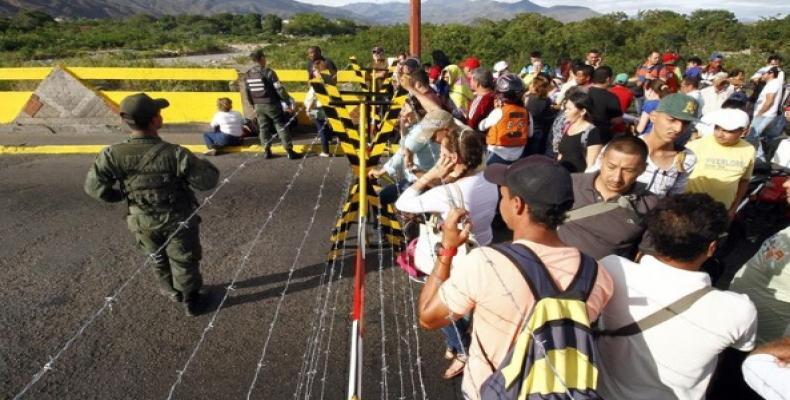
The Colombian Venezuelan relationship has developed since the early 16th century, when Spanish empire colonizers created the Province of Santa Marta now Colombia and the Province of New Andalucia now Venezuela. The countries share a history for achieving their independence under Simón Bolívar and becoming one nation —the Great Colombia— which dissolved in the 19th century. Following then, the overall relationship between the two countries has vacillated. ... More

By Gerwin Jones A recent report from the United Nations Food and Agriculture Organization, the FAO, states that our planet has lost one hundred and twenty nine million hectares of forests in the past twenty five years, although it notes that the rate of deforestation has dropped due to remedial policies adopted by certain nations.... More
More Views
- Following U.S. lead, student protests proliferate in Canada, France, Mexico, Australia and other countries around the world
- Panama: The polls were not wrong
- Gaza Media Office says Israel fully responsible for crimes against Palestinian journalists
- Gaza reconstruction could take 80 years; damage unseen since World War II
- International Criminal Court demands end to threats against judges amid Gaza war probe

